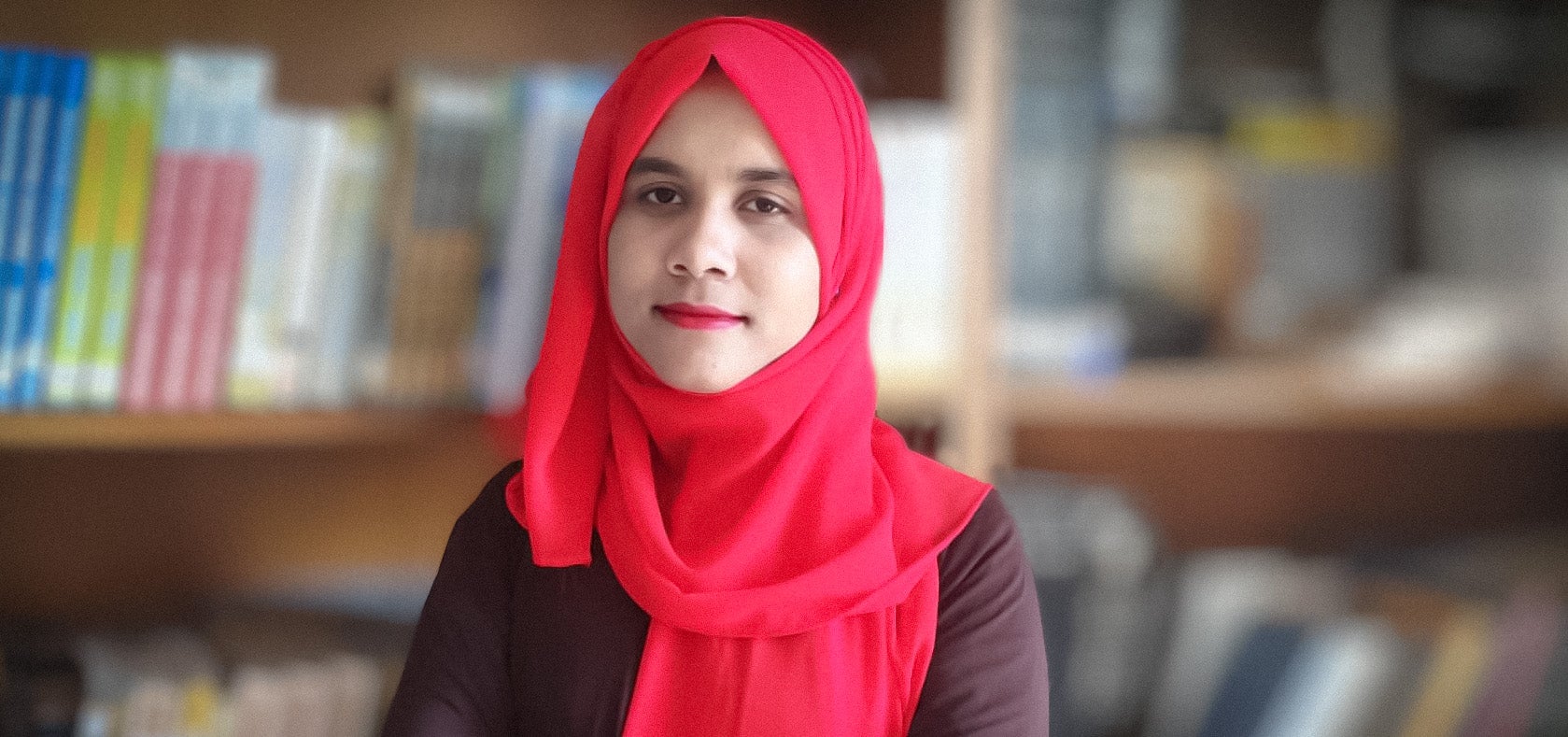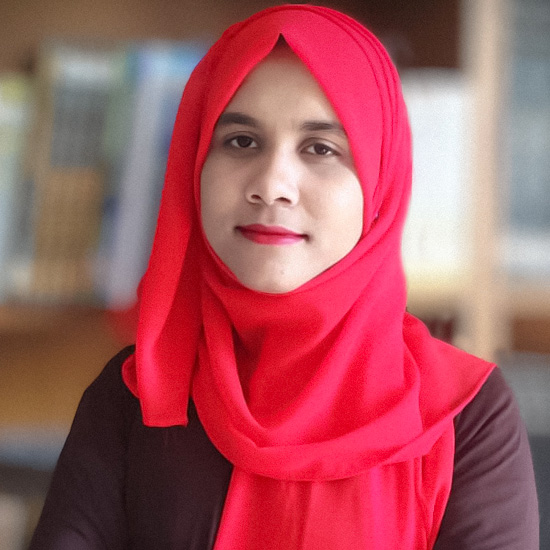Lucky's blog
Please give Rohingya refugees access to education in camps
Date: Monday, November 1, 2021
Author: Lucky

We, Rohingya refugee youths in Bangladesh, are extremely grateful to all humanitarian organizations, the Bangladesh Government, and the public for providing us with a place to live, a shelter, and other humanitarian services.
However, we are unable to access education in the camps because no educational platforms for secondary students have been implemented. There are numerous learning centres for children, but they can also be referred to as play centres because only recreational activities are available. We have been struggling for a long time to gain access to secondary education, but no one has attempted to ensure it.
Initially, the Turkish government offered Rohingya students who had completed their matriculation in Myanmar the opportunity to attend university in Turkey. However, only a few students with a passport and a visa were able to travel there. There is an excellent university in Bangladesh, Asian University for Women located in Chittagong, but only some of our female students can pursue higher education on full scholarship, while male students have no such opportunity.
Because all avenues are closed to us here, we prefer online learning. There are numerous educational resources available, including Coursera, EPOP, Rohingya English club, Rohingya online learning, and others. Some of us learn by watching videos on YouTube, WhatsApp, or Facebook. We primarily study English because it is a global language.
But although various types of courses are available, not everyone can learn from them because not everyone can afford to buy a smartphone. Furthermore, there are issues with the Internet connection. In the camp area, there is no access to a proper network. The host community provided Wi-Fi, for which we must pay approximately 300 taka (USD 3.50) per month. We can’t afford online classes because most of us don't have a steady source of income.
Although Bangladesh's Government and non-governmental organizations have taken responsibility for meeting the daily needs of camp residents, formal education is not being considered.
Education is a fundamental human right. Education is like a nutritious food that nourishes us. It strengthens us internally and gives us a lot of confidence by shaping our personalities and providing us with knowledge. A good education is the only way to eliminate bad habits, poverty, inequality, gender discrimination, and a variety of other social issues.
We pray and hope that Bangladesh Government will be kind enough to take the necessary steps to establish educational facilities in our camps to alleviate the inconveniences for the students, for which we will be eternally grateful.

Lucky (her full name), 19, fled to Cox’s Bazar in August 2017 from armed conflict in Rakhine State in Myanmar. She is now studying politics, philosophy, and economics remotely from a refugee camp in Cox’s Bazar, as a student at Asian University for Women in Chittagong, near Cox’s Bazar. Lucky has worked as a volunteer for UN Women and other organizations, is participating in civil society groups seeking to end gender-based violence and is promoting education in her community